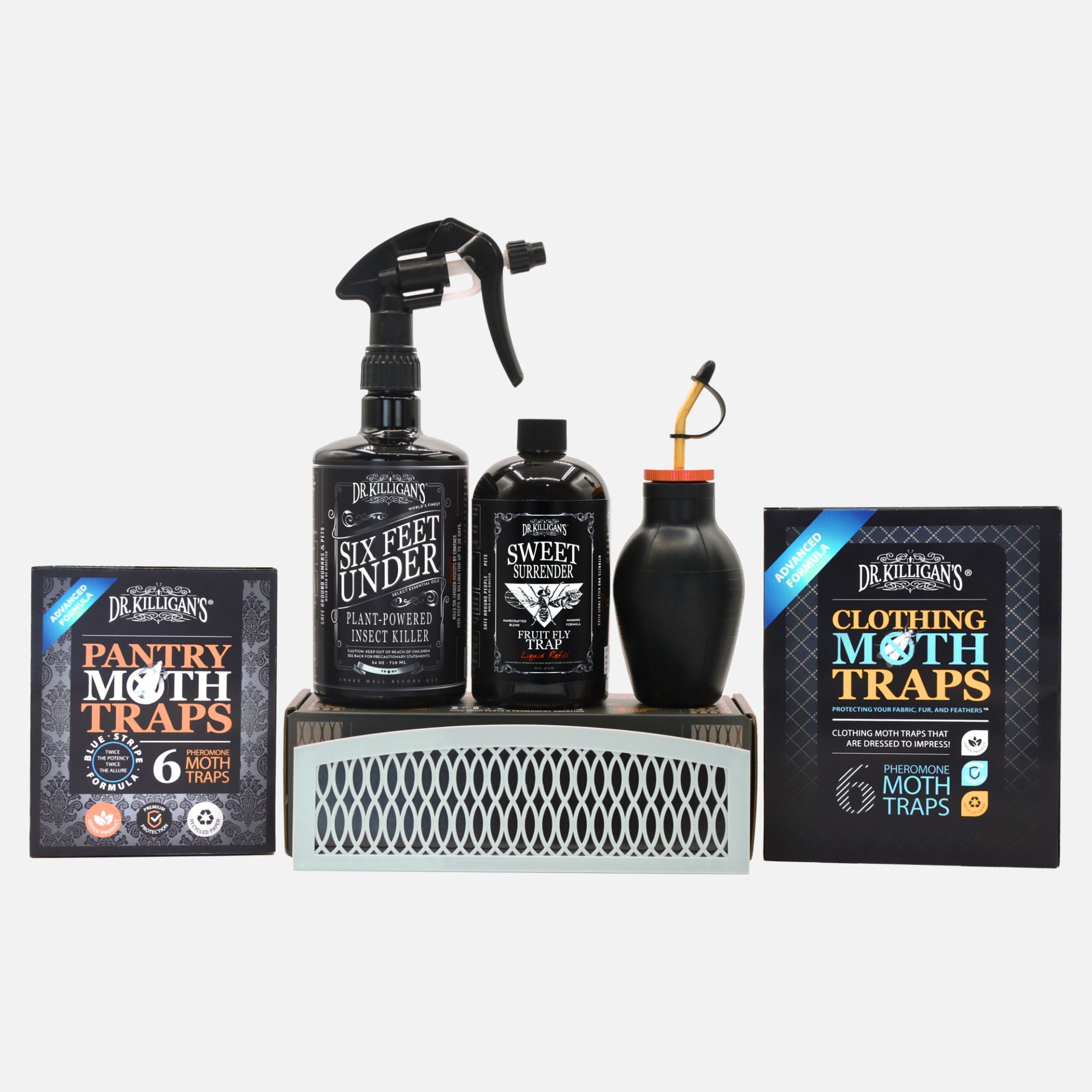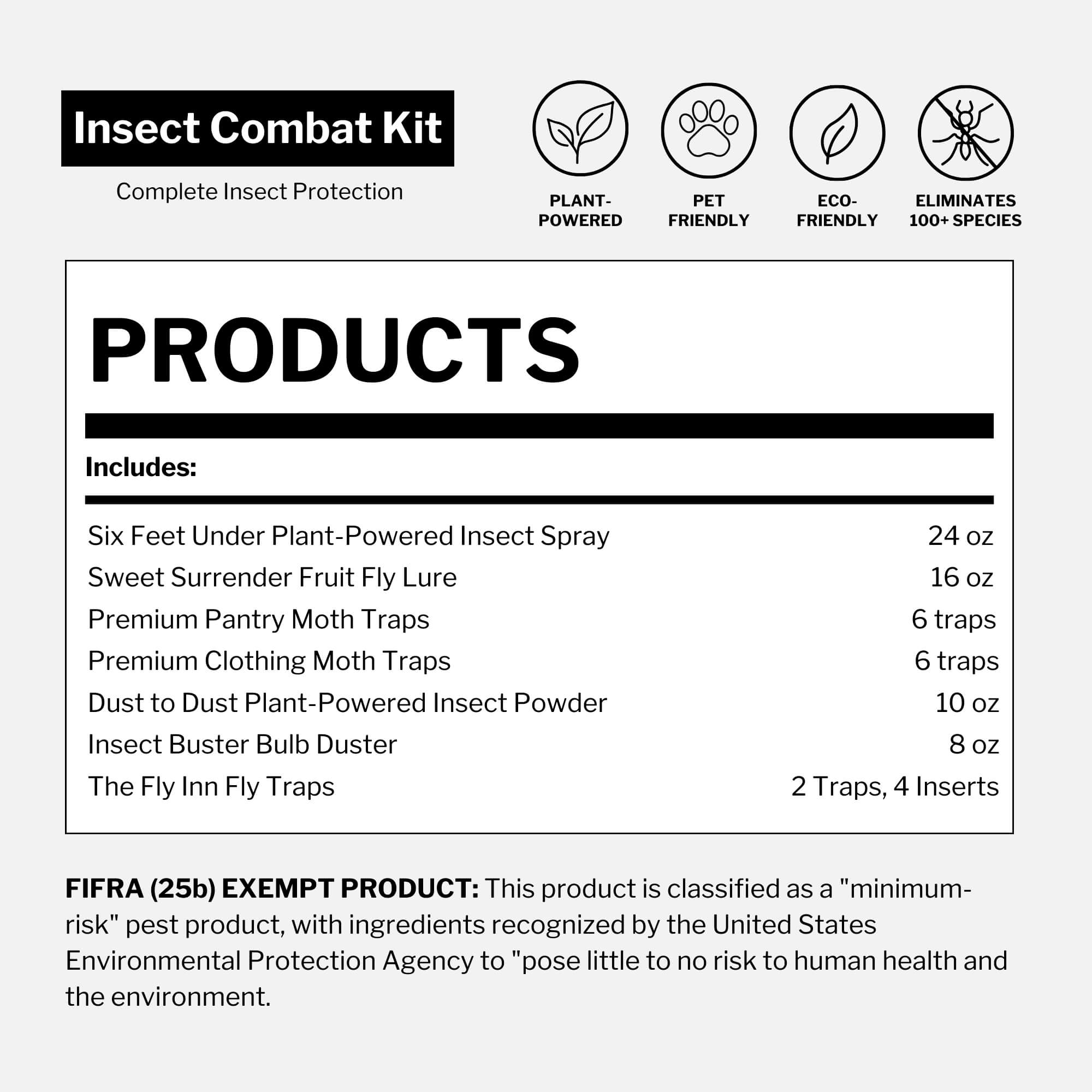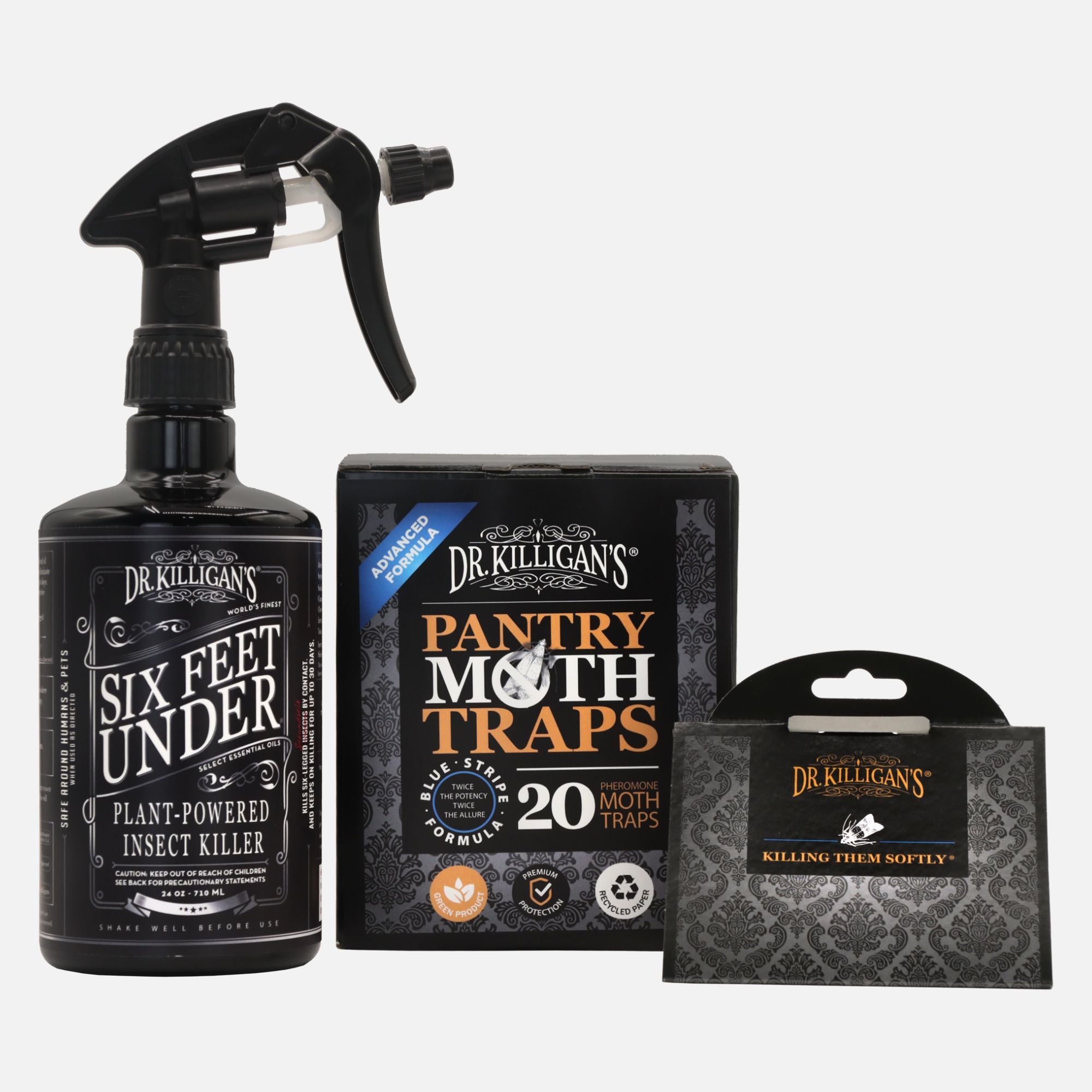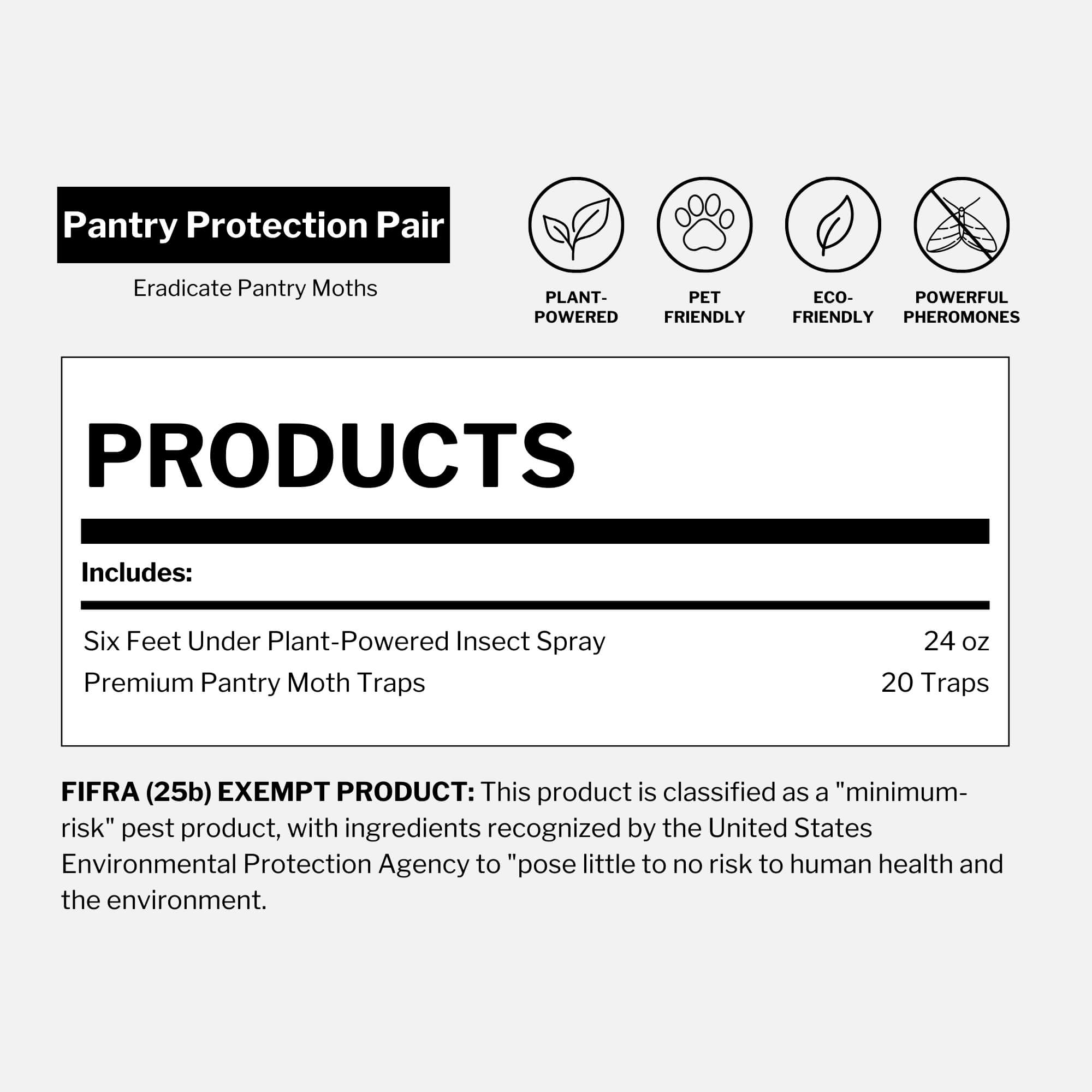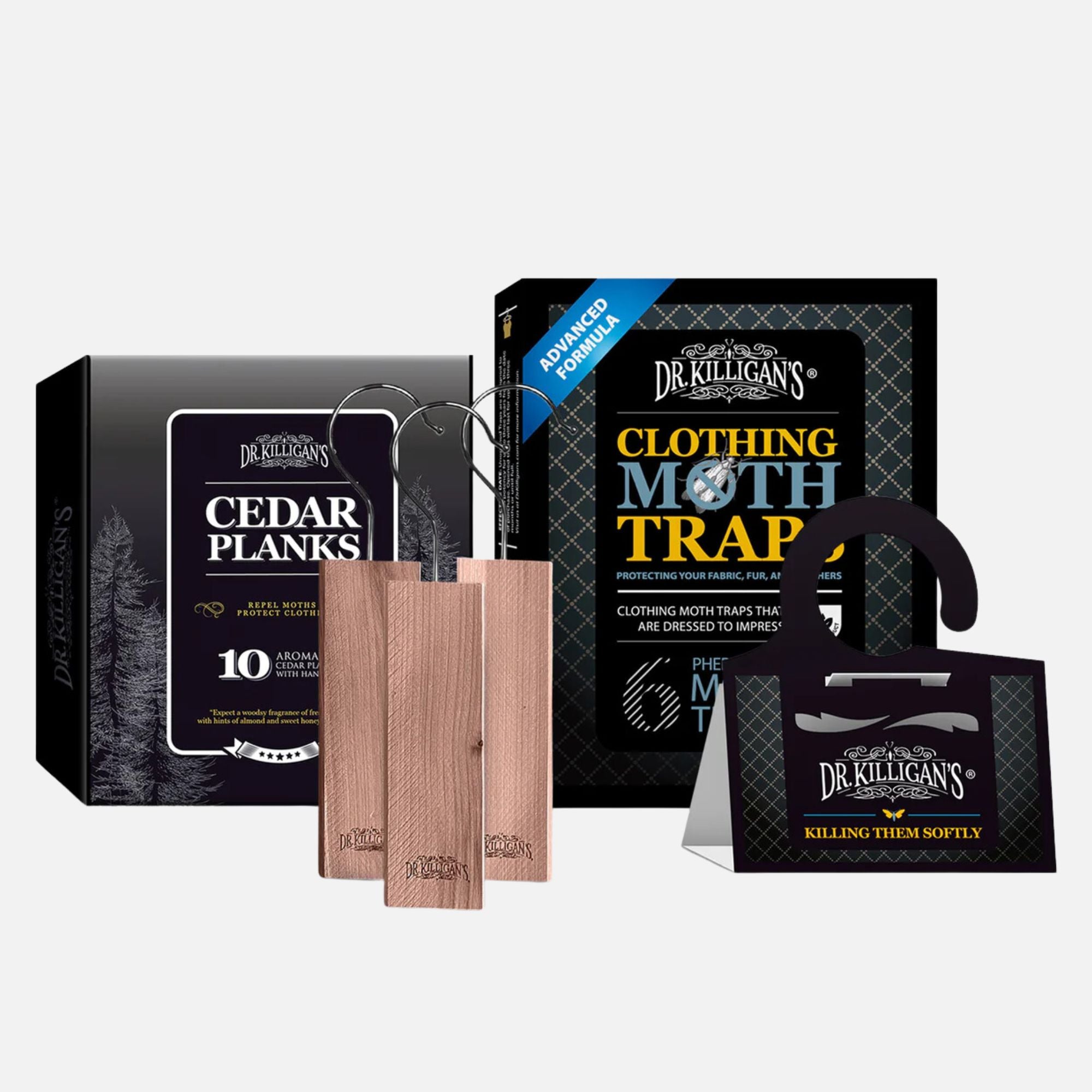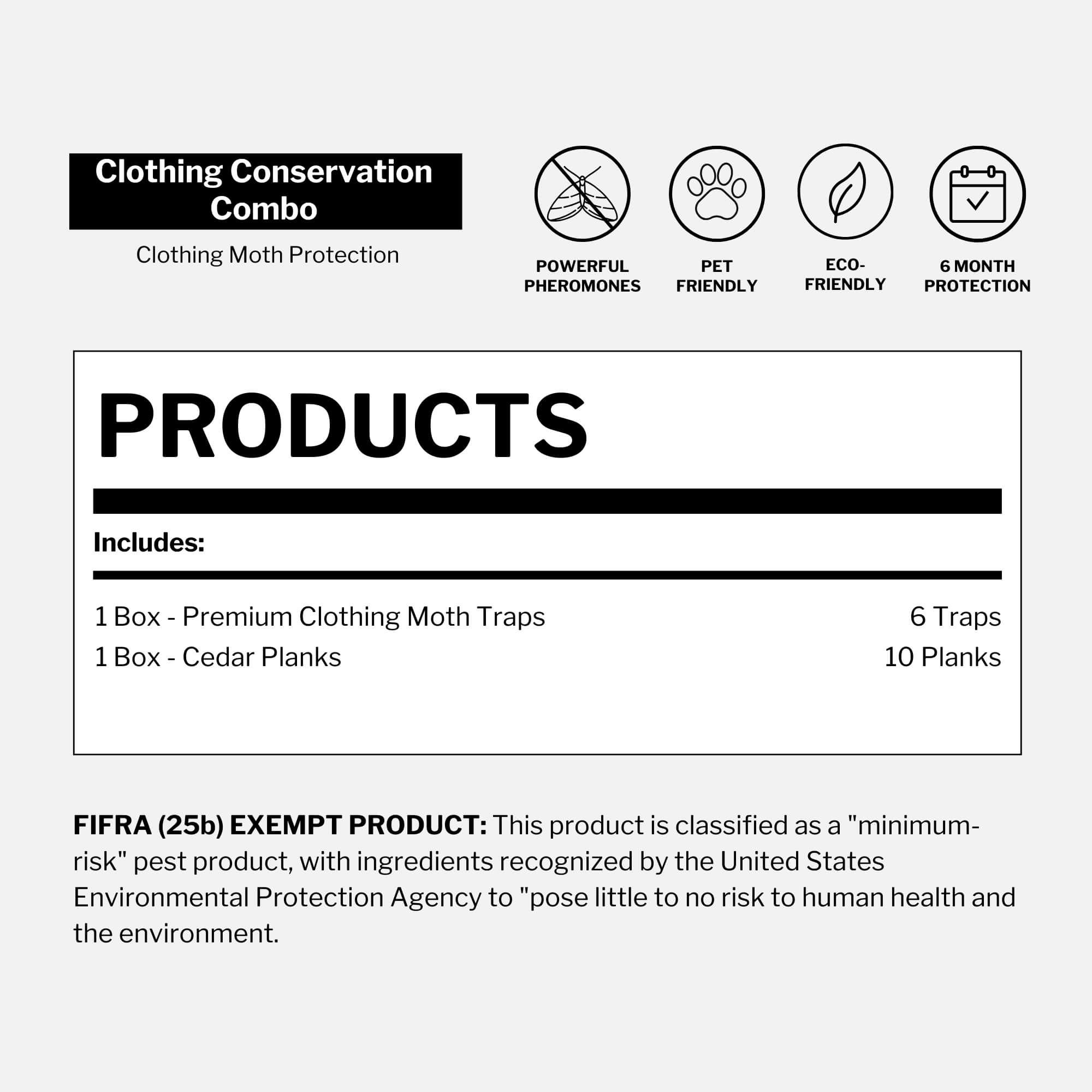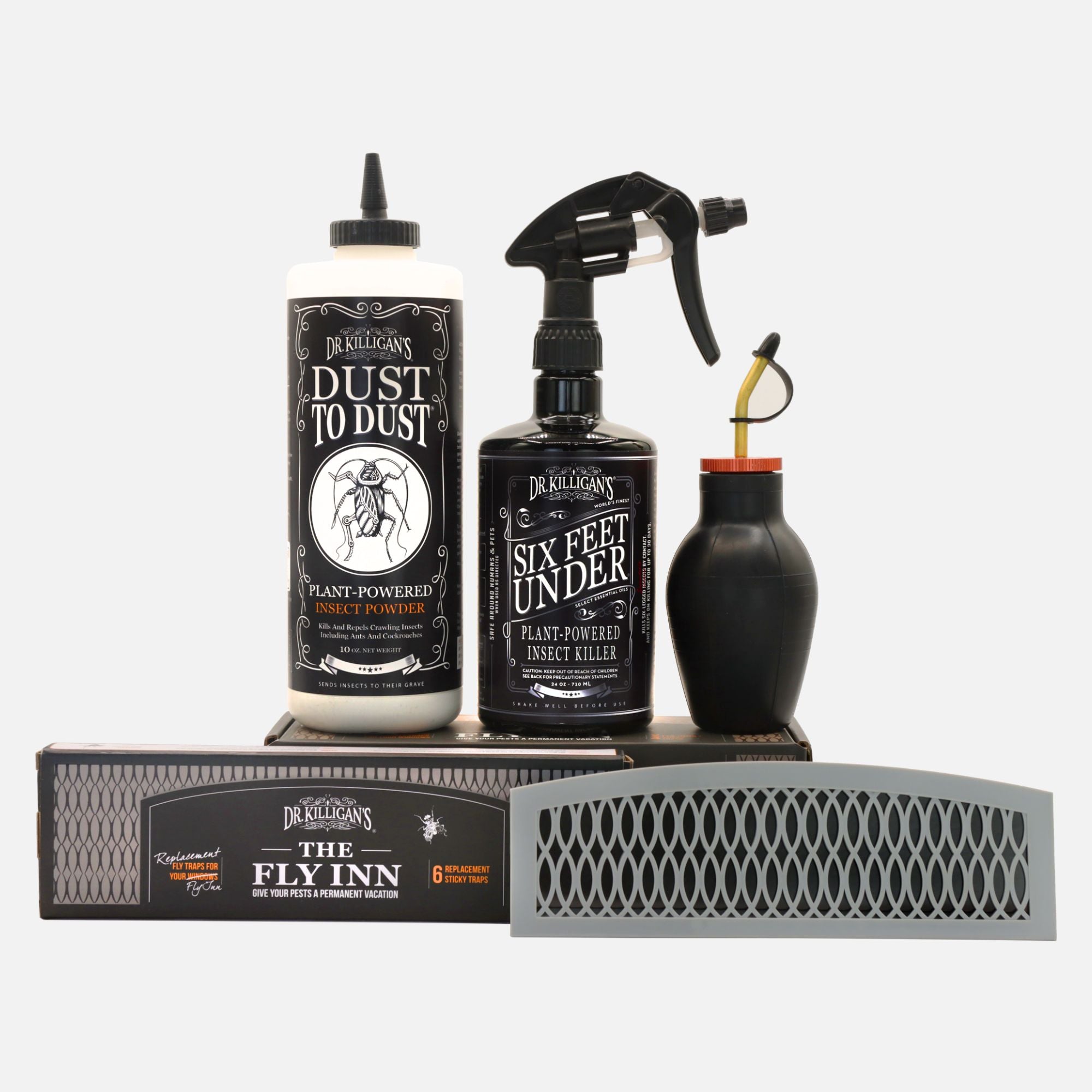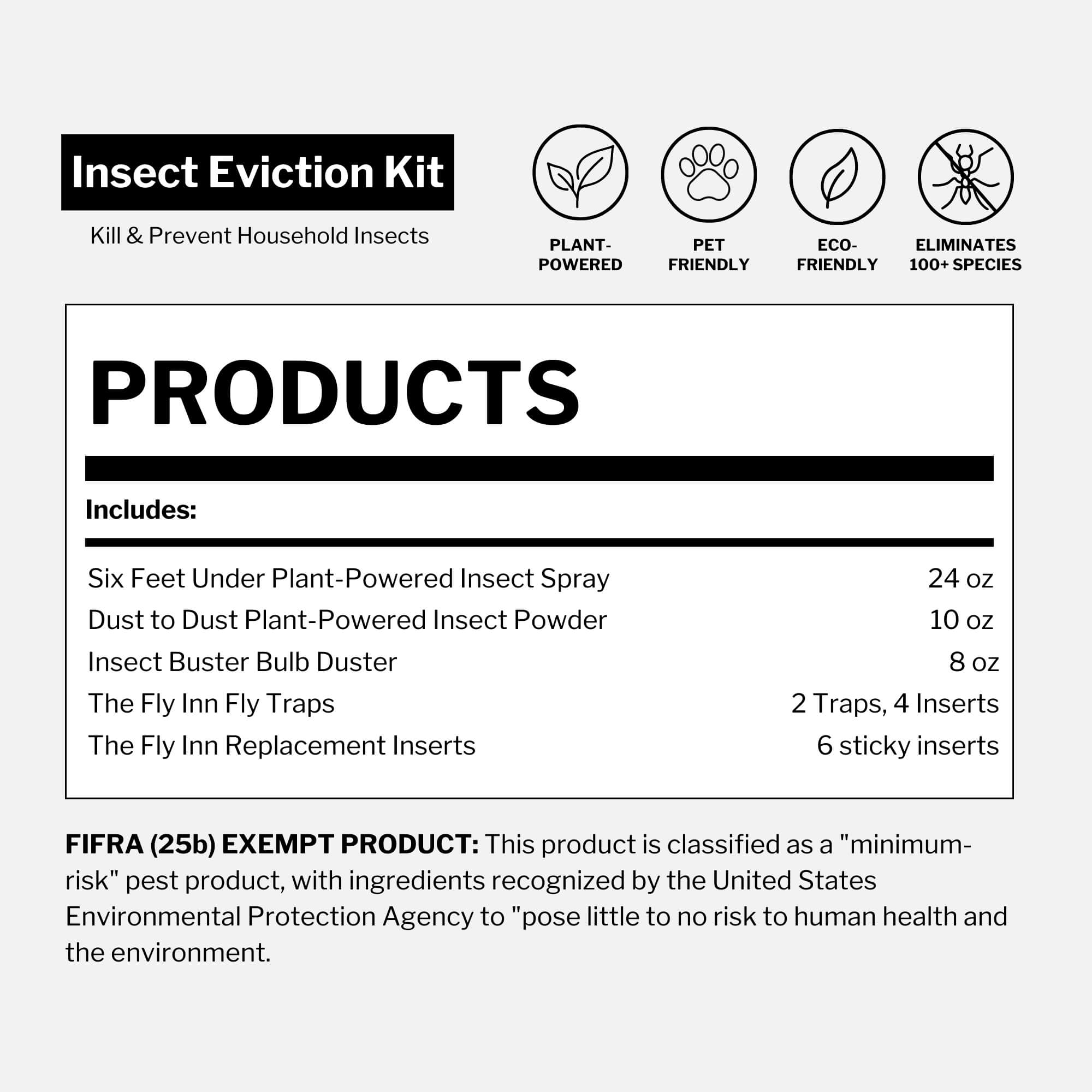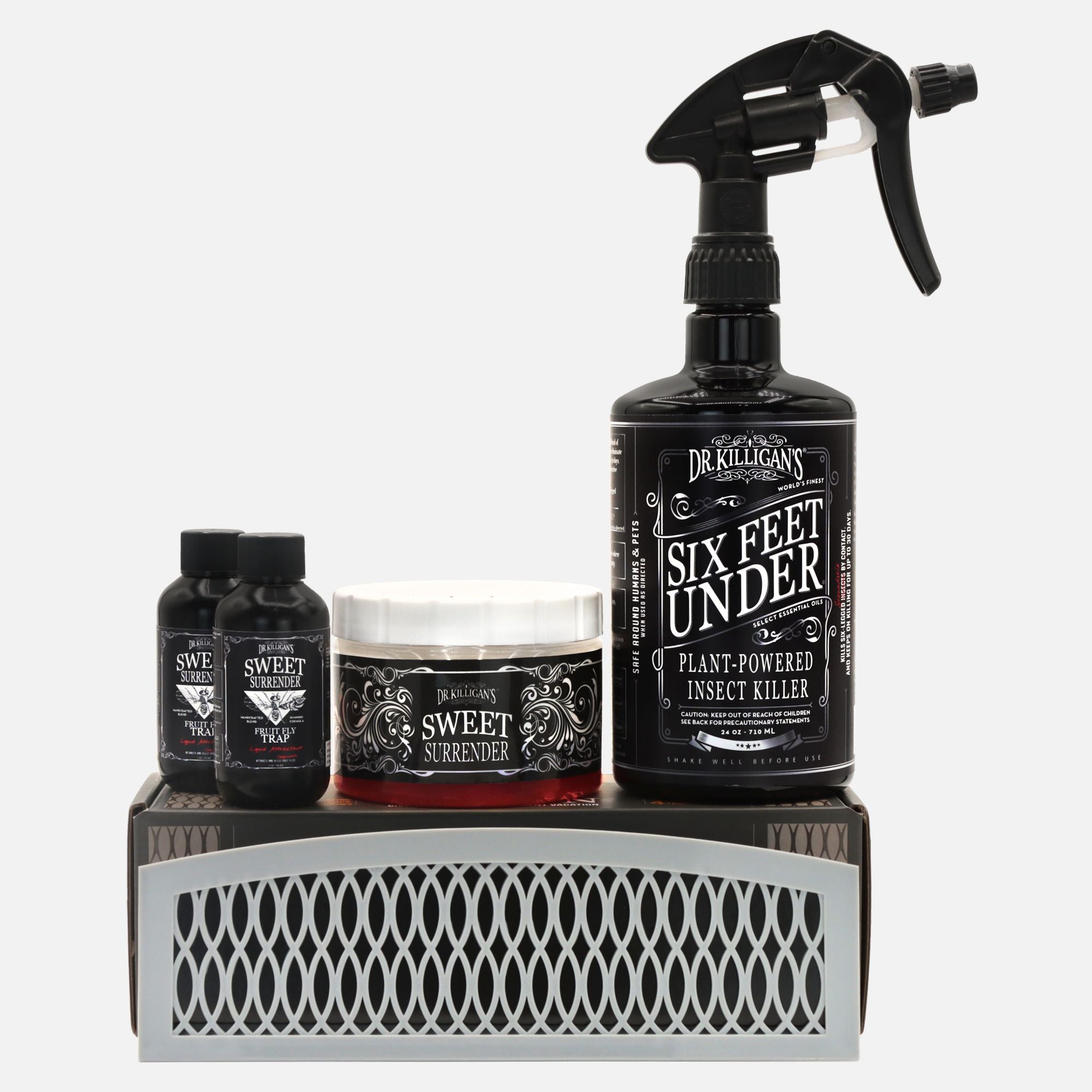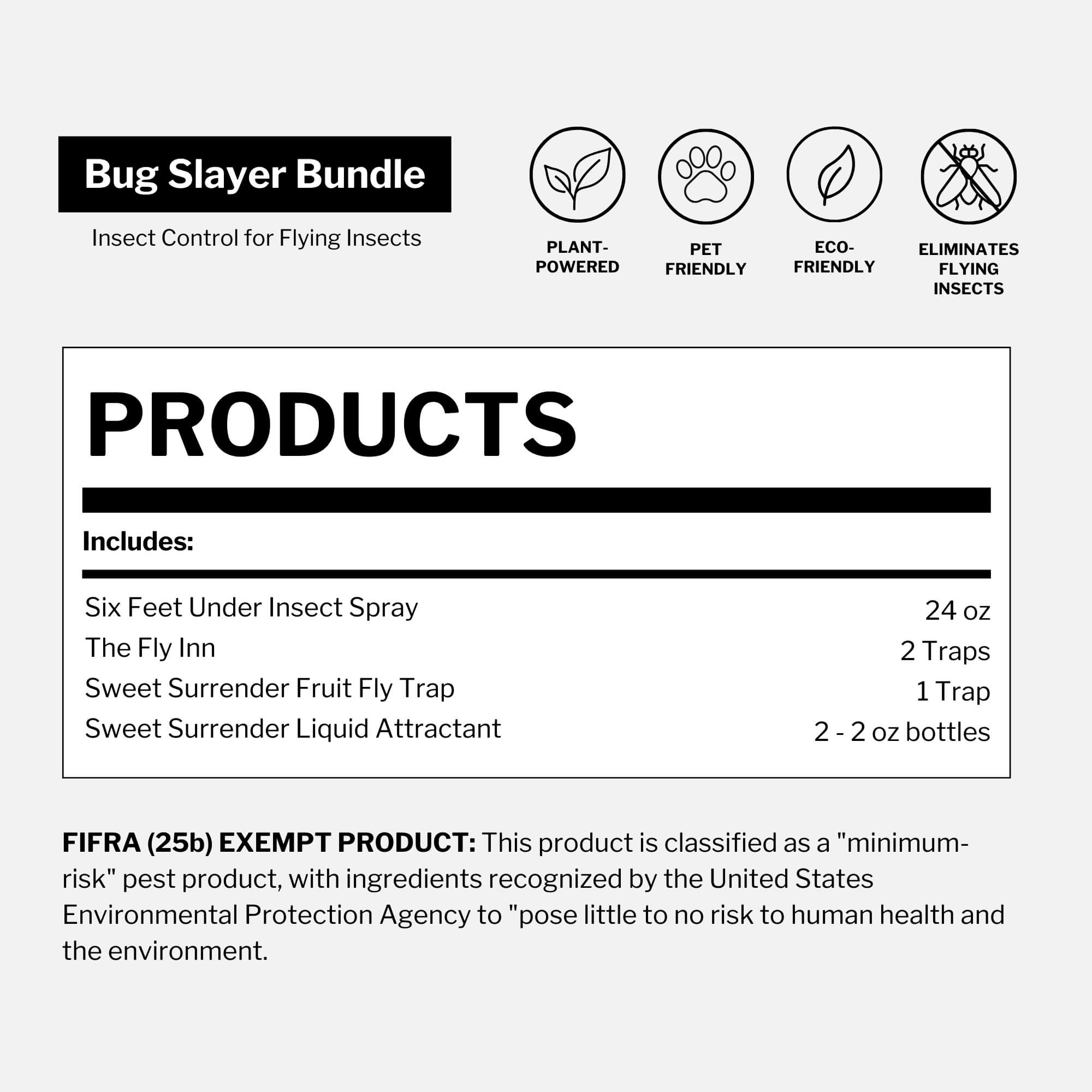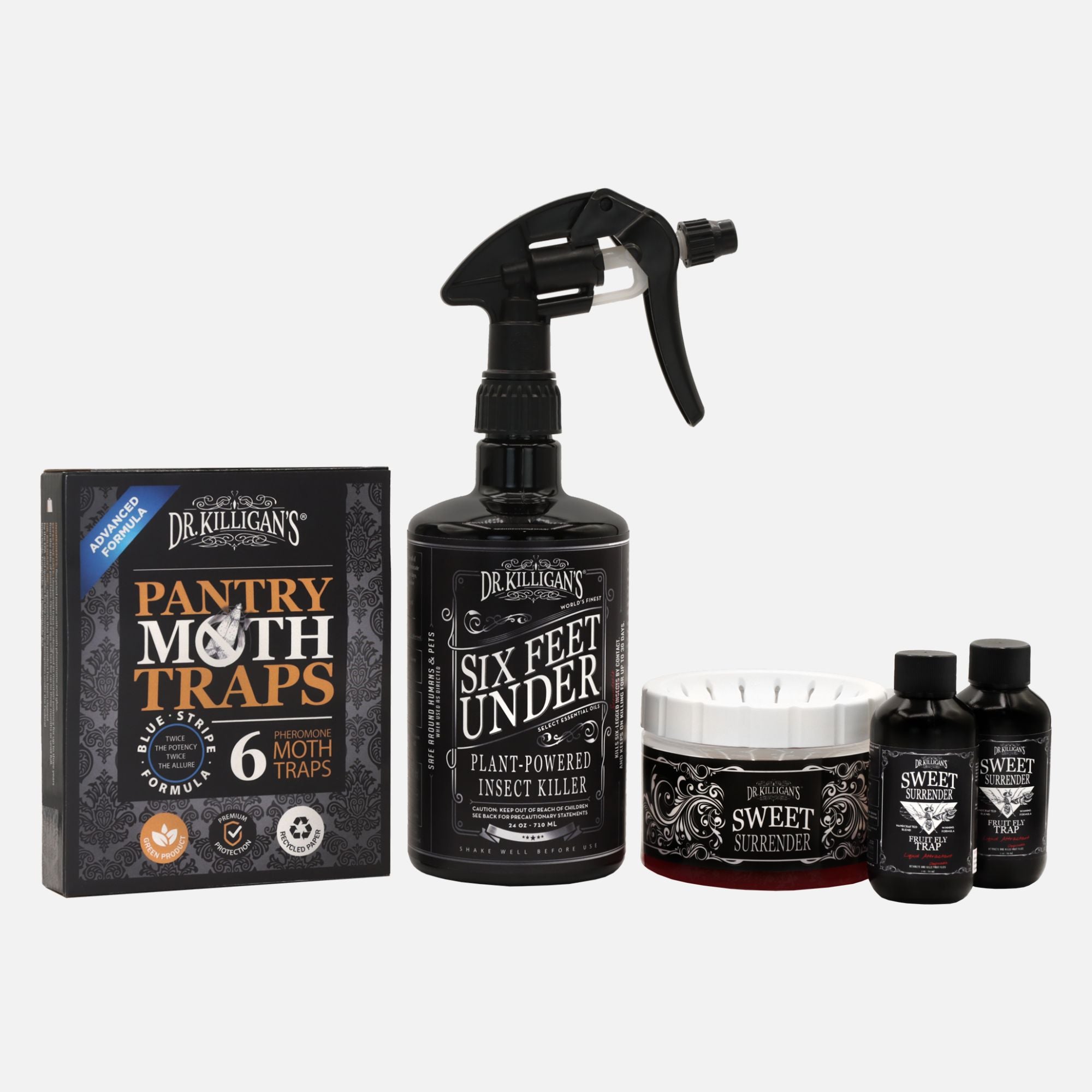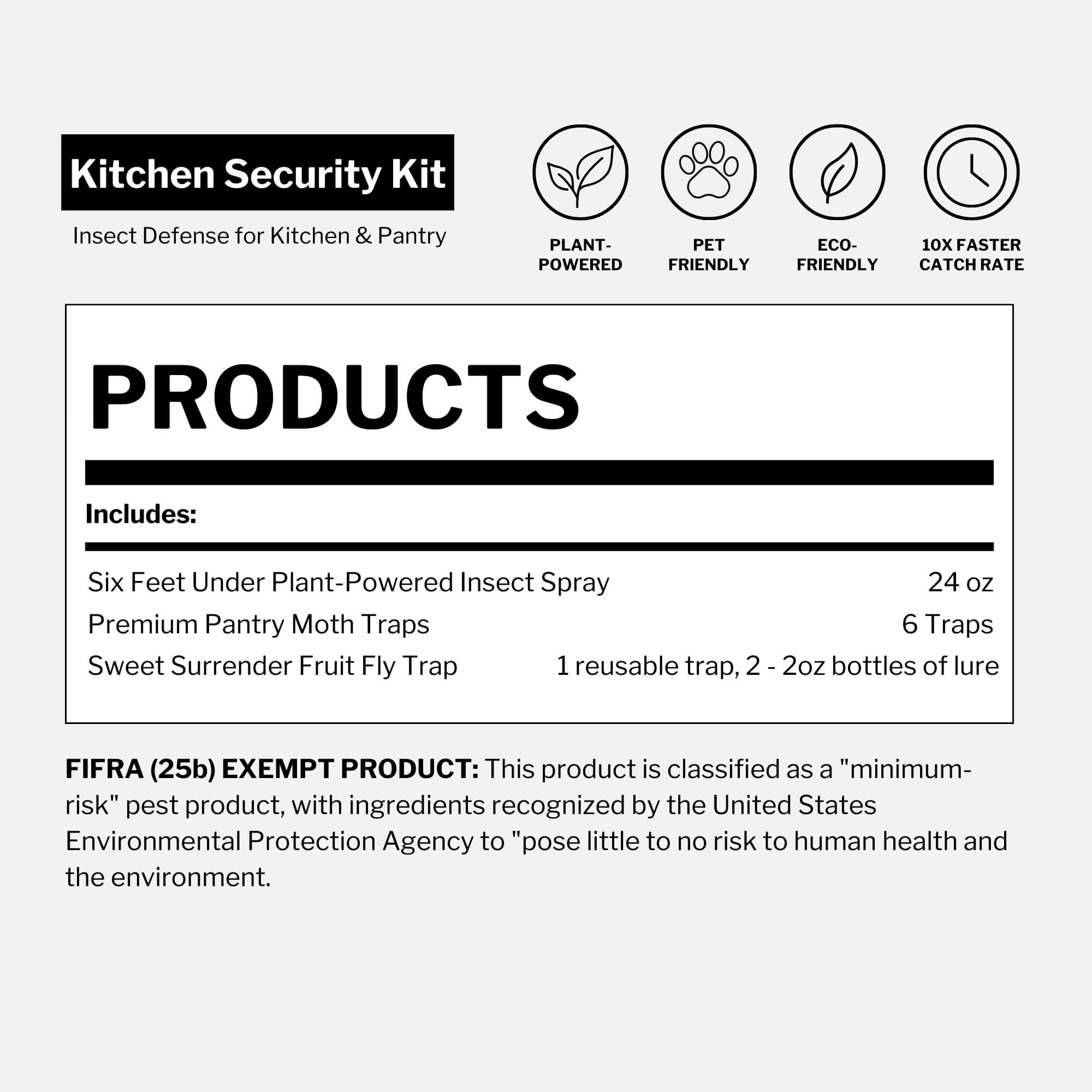Updated on March 20th, 2025
Can you get rid of pests without putting your pets at risk? Many of you have asked: Is diatomaceous earth safe for dogs? What about cats? The short answer: Yes—when it’s food-grade and used correctly. Let’s explore how to use it safely.
What is diatomaceous earth?

Diatomaceous earth (DE) is derived from the fossilized remains of tiny, aquatic microorganisms called diatoms. These skeletal remains are mostly made of silica. Though humble in origin, DE is a powerhouse for controlling crawling insects. It punctures their exoskeletons and dehydrates them—no harsh chemicals required.
What makes DE particularly appealing is its versatility. It can be used in your garden, your kitchen, your garage or on your pet's bedding. It is even used in some food applications to control internal parasites.
Is diatomaceous earth safe for pets?
Yes, food-grade diatomaceous earth is generally safe for pets—including both dogs and cats—when used with a few precautions:
- Use only food-grade DE – Pool-grade DE is chemically treated and hazardous.
- Avoid inhalation risks – The fine powder can irritate respiratory systems.
- Apply carefully – Minimize airborne dust.
- Keep water and food bowls covered – Do not let DE settle into pet food or water.
- Monitor sensitive pets – If your pet has respiratory issues, be cautious.
Used mindfully, DE can be a safe, natural pest control solution—without harming your pets.
How to use diatomaceous earth for dogs and cats—safely

So, how should you use diatomaceous earth for dogs and cats while keeping Fido and Fluffy safe? Apply in a thin layer where pets don't frequent—under appliances, behind furniture, in cabinets or under your sink. Wait 30–60 minutes for the dust to settle before allowing pets back into the area.
Be sure to follow the product’s application instructions. While DE is safe for pets to ingest in small amounts—some even use it as a dewormer—avoid leaving piles of it around, as larger quantities may cause digestive issues.
For added precision and reduced airborne dust, use the Insect Buster. This applicator helps target problem spots while minimizing mess and exposure.
What if I want an alternative to diatomaceous earth?
If you're looking for a pet-safe alternative to diatomaceous earth, you're not alone. Some households prefer ready-to-use options with less dust or simpler application methods.
Six Feet Under Plant-Powered Insect Spray is one such alternative. Made from a proprietary blend of clove, cinnamon and soybean oils, it kills bugs on contact and offers residual protection—without toxic ingredients—when used as directed.
Prefer a powder? Dust to Dust Plant-Powered Insect Powder offers DE-like action—penetrating insect exoskeletons and dehydrating them—but with enhanced performance thanks to nano-tech essential oils and fine silica particles. It’s made entirely from plant-based ingredients and is pet-safe when used as directed. As with any fine powder, avoid breathing it in or letting pets with sensitive skin come into direct contact. If using near pet bedding, apply lightly and brush off excess.

Conclusion
When used correctly, diatomaceous earth for cats and dogs is a safe, natural and effective way to control pests without harming your furry companions. As with any form of pest control, the key is to use it wisely and carefully, following all manufacturer guidelines. And always remember, food-grade is the way to go when using DE in a household with pets.
Stay enlightened. Stay protected. And give your pets an extra cuddle from me.




